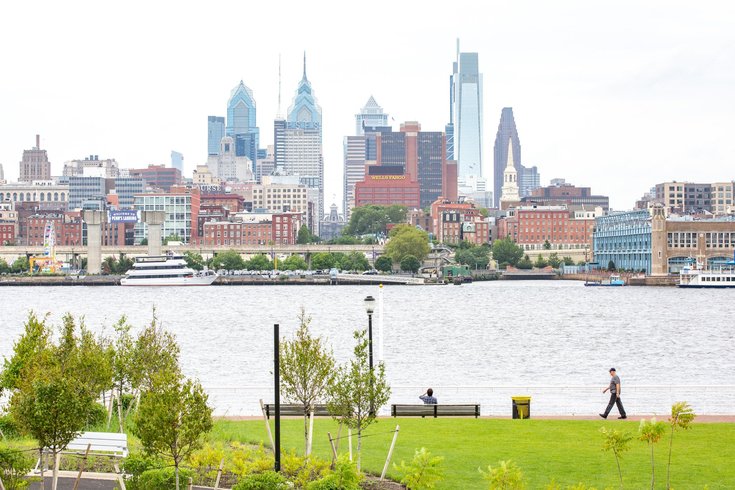
January 23, 2020
 Thom Carroll/PhillyVoice
Thom Carroll/PhillyVoice
The Philadelphia Water Department refutes a report by the Environmental Working Group stating its drinking water has unsafe levels of PFAS, long-lasting chemicals that have been linked to cancer.
Long-lasting chemicals are contaminating the drinking water of more than 40 U.S. cities, including Philadelphia, an environmental group claimed this week.
The Environmental Working Group released an online report claiming that Philly's tap water is contaminated with per- and polyfluoroalkyl substances (PFAS), also known as "forever chemicals."
The report claims the new research conducted by the group is urgent due to PFAS' link to cancer. The chemicals gained public attention as the subject of the 2019 movie "Dark Waters," starring Mark Ruffalo.
Environmental Working Group tested 44 cities. Only one city did not test positive for PFAS: Meridian, Mississippi. The town gets its water from 700-foot-deep wells.
The report found Philadelphia's drinking water to be among the most contaminated of any major metropolitan area the group tested. It's 46.3 PFAS parts per trillion ranked sixth highest among the cities tested.
The Philadelphia Water Department questioned the test results on many accounts, denying that they required urgent action. The department issued a three-page response led by a statement claiming the report was full of deficiencies.
"The Philadelphia Water Department takes very seriously our responsibility to educate our customers about drinking water quality and our mission to protect the integrity of the drinking water we provide to the 1.6 million residents of Philadelphia, including our own families and neighbors," the department said. "We provide extensive information about our drinking water quality data on our website, including copies of our annual water quality reports."
Most notably, the department said the group incorrectly read the application of health safety levels for PFAS. The department said its PFAS levels are within safe boundaries.
Officials also said they couldn't verify the EWG report because the group's samples had many issues, including sample size and location.
The department's response followed a campaign launched last year designed to convince Philly residents that it's safe to drink tap water.